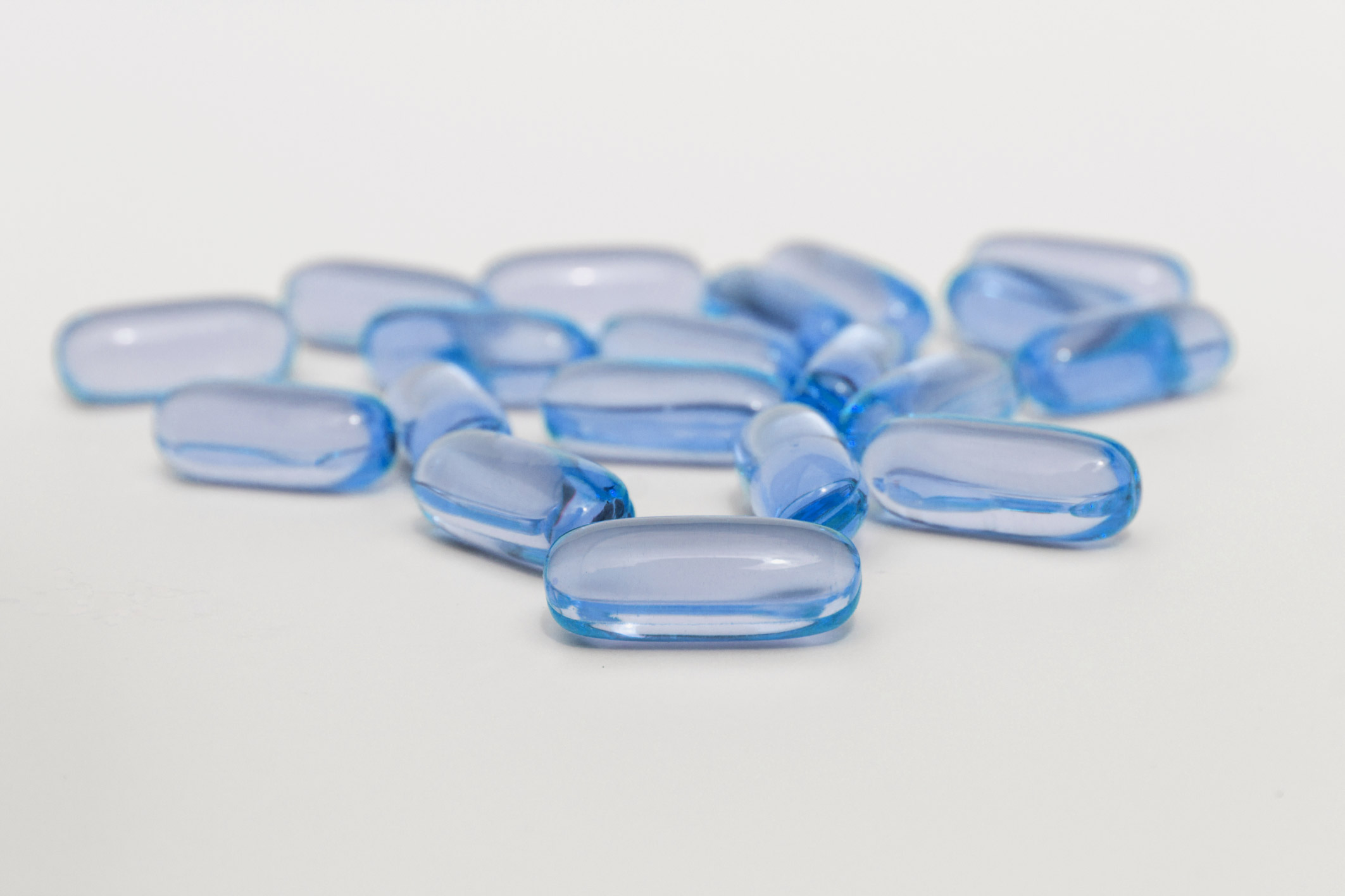Where is the line between psychological bias and physiological changes in the brain causing perception shifts? I looked at the list of 188 biases. Lots of overlaps and redundancies.
I included the Bias Codex as I was also discussing a separate and common event "confirmation bias", in the original post I wrote in this thread about placebo effect.
I like the codex so I linked it and for many data and chart lovers it is very informative. Like a spinorama or a radar globe for a speaker.
Yes, there is a lot of over lap in the codex, really it is a continuum with enfolded layers. Like life and so really it ought to have redundancy and overlap and of course exactly where those redundancies and overlap exist will be perceived differently based on your own interpretations of the codex and even bias vocabulary. Just like pouring over the measurements of any speaker here.
As far as where lines are being drawn bear in mind that the placebo, placebo response, placebo effect and nocebo are not well understood by science in general. Just note that all the of terms I just listed are not interchangeable. A placebo and the placebo effect are as different as a soccer ball and a game of soccer.
Back to the term "Placebo effect", I get why it seems complicated, however the term literally means "only a placebo(situationally benign "thing") was given and yet there was an effect."
Again remember we are talking about a clinical effect, or one that has been vetted - not anecdotal commentary.
If you say you feel better after being given sugar pills that is not enough to declare the placebo had an effect. What would happen is 300 people in 3 groups of 100 are randomly assigned the drug that "works" and the "placebo"(a sugar pill or something known to have no effects on its own) and some nothing. 68% get better with the drug, 62% get better with just the sugar pill, and 44% get better with nothing, the effect is then delineated in those numbers. These folks will also be monitored in a variety of ways. Some things can be measured like heart rate and blood pressure other things have to vetted with dialog and perhaps test taking (like anxiety reduction or depression).
Also some will report a nocebo effect such as headaches from the placebo, so that is also an interesting aspect.
So how is something that changes the mechanism that hears not a placebo?
because a placebo is something known to be benign meaning that if it changes the mechanism that hears it is NOT placebo but rather medicine or "active". Yes I get it sounds like a catch 22.
In the wine test(at least with what you wrote, I'd have to read up on this particular testing to truly know the methods) there seems to be no placebo, so there can be no placebo effect. Tricking someone into thinking the wine is expensive and tasty is not giving them a placebo. Giving them cheap wine they are told is expensive instead of expensive wine is also not a placebo. Especially as the value and taste of wine are already very arbitrary. There is no inherent reason expensive wine will taste better than cheap, nor that people people will even like either wine. Biases are carefully(hopefully carefully) being tested for their effects against a control (the same wine under a different name)but not placebo. Yes maybe they are all given the same wine but that doesn't make the guiding comments placebos. Bias cues are known active elements not placebos.
Often biases or coaching or "marketing" are involved in the overall study of placebos and placebo effects as additional elements. Maybe you want to see if labeling a placebo as Tylenol works better than an unlabeled bottle or telling someone the treatment is highly effective vs another group being told the odds are slim. Or testing if selling speaker wire for $400 and the same wire for $25 changes anything. These phycological cues are not placebos but they are often studied in tandem with placebo.
You seem to want to draw a line in the physical world for something to be considered a placebo, the disappearance of acne, depression.
Well 1st the term placebo is miss used here, a 'placebo response' or a 'placebo effect' are how changes after being given a placebo are discussed. It is unknown what causes the depression to be reduced, it can not be from the placebo. The placebo must be neutral/not active. This is of course why this is fascinating.
A placebo doesn’t change the virus, but it might change your bodies response to it. How is that different from a shiny cord changing my body/brains response to sound waves?
If I tell you "hey these $40k wires are incredible and make the system sound even better, here have a listen." There is a lot of bias cuing at play but no placebo effect. How would I calculate placebo effect here? We would need to do a study. The placebo effect, is not a random term. It means you have the data to differentiate between how much the music sounds different to folks given various circumstances.
Additionally you also need convincing evidence that the $40k cable does not make a difference before you can even be sure the cable is a potential placebo. So 1st you take measurements of the cable and do double blind testing to ensure it is neutral. Then and only then can you create a study around the effect of the cable itself.
You can do a study like the wine example of simple using the same cable and telling people different things about it but then you still have no idea if an actual $40k cable sounds better than an actual $15cable. You only know if telling people different things about the 1 cable, changes their response to the one physical environment.
Now if you think that wire A and B sound the same and you ABX them in a blind test and folks consistently get X correctly then it is likely A & B do not in fact sound the same. Or if folks can not get X then likely A & B do likely sound the same. That is a good speaker wire test but there is no placebo and no placebo effect. That was my original point. Usually when we talk about audio experiences whether sighted or blind, the Placebo Effect has no place in the conversation and is a miscued term there. We are usually talking about other events, mostly psychological biases and/or folks paying more or different attention - which is very very interesting stuff.
Anyway, I am sorry about my poor writing. I hope what I said makes sense. Plus we likely live in a simulation, matrix or boundless arena of some sorts anyway so all bets are off right? Some sort of Xbox version 1515 level video game.




